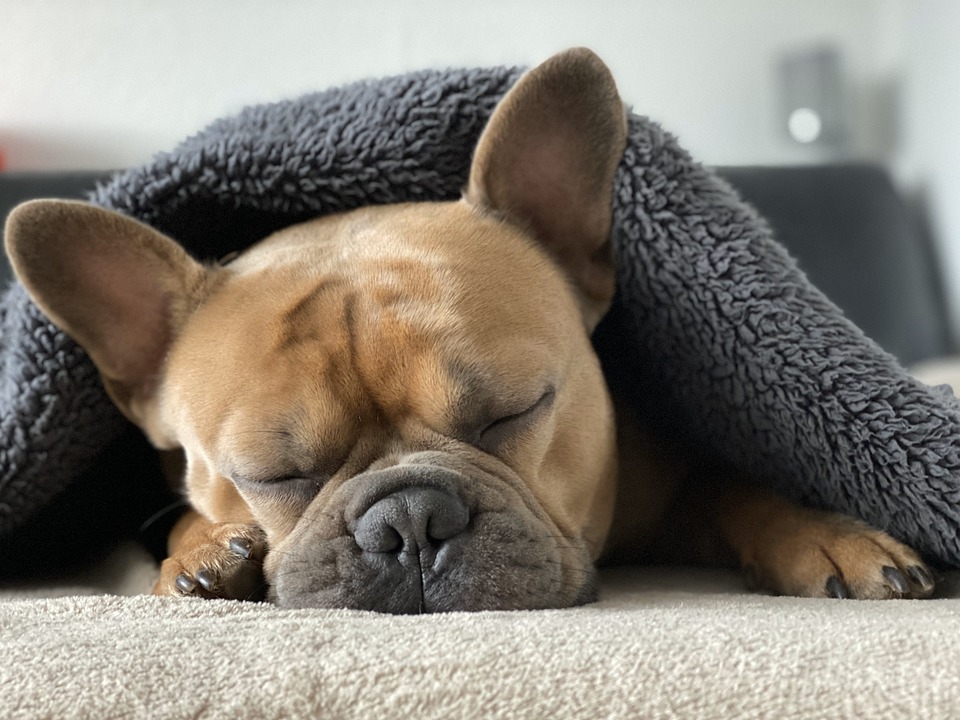Pet dental hygiene is often overlooked by pet owners, but it is a crucial aspect of their overall health and well-being. Just like humans, pets can suffer from dental issues that can have serious consequences if left untreated. Understanding the importance of proper dental care for pets is key to ensuring their long-term health and happiness.
One significant reason why pet dental hygiene matters is the prevention of periodontal disease and its consequences. Untreated dental issues can have a significant impact on a pet’s overall health. Dental disease has been linked to systemic conditions such as kidney, liver, and heart disease. By maintaining good dental hygiene, pet owners can help prevent these serious health issues and improve their pet’s quality of life.
Maintaining healthy gums and teeth is another crucial aspect of pet dental hygiene. Plaque and tartar buildup on the teeth can lead to gum disease, which progresses in stages if left untreated. The early stages of gum disease can cause bad breath and discomfort, while advanced stages can result in tooth loss and severe pain for the pet. By practicing regular dental care, pet owners can prevent the buildup of plaque and tartar and keep their pet’s gums and teeth healthy.
Preserving a pet’s ability to eat and enjoy life is another reason why pet dental hygiene is important. Dental health directly influences a pet’s food intake. If a pet is experiencing dental pain or has missing teeth, they may struggle to eat properly, leading to malnutrition and weight loss. By maintaining good dental hygiene, pet owners can ensure that their pets can eat comfortably and enjoy their meals.
Pet owners play a crucial role in maintaining their pet’s dental hygiene. Regular at-home dental care is essential. Brushing a pet’s teeth is the most effective way to remove plaque and prevent tartar buildup. Pet owners should use a pet-specific toothbrush and toothpaste that is safe for ingestion. It is recommended to brush a pet’s teeth daily, but even a few times a week can make a significant difference.
In addition to at-home care, professional dental cleanings and check-ups are necessary. Regular veterinary dental examinations can catch dental issues early and prevent them from worsening. Professional dental cleanings involve the removal of plaque and tartar through scaling. These cleanings should be done under anesthesia to ensure thorough cleaning and minimize stress for the pet.
Diet and nutrition also play a role in dental health. Certain foods and treats can support oral hygiene and help prevent dental issues. Look for products with the Veterinary Oral Health Council (VOHC) seal, indicating they meet specific standards for oral health. On the other hand, certain items, such as hard bones and sugary treats, can contribute to dental problems and should be avoided.
To address some common questions, pet owners may wonder how often they should brush their pet’s teeth. The frequency depends on the pet’s specific needs, but ideally, it should be done daily. However, even brushing a few times a week can make a significant difference. It is important to note that human toothpaste is toxic to pets, so pet owners should use specially formulated pet toothpaste.
Another question is whether dental treats are effective in maintaining dental hygiene. Dental treats can be a helpful addition to a dental care routine. Look for treats with the VOHC seal, indicating they meet specific standards for oral health.
Some pet owners may also wonder if all pets need professional dental cleanings. Regular professional cleanings are recommended for most pets. However, the frequency may vary depending on the individual’s dental health and risk factors.
While not all dental issues can be prevented entirely, proactive dental care significantly reduces the likelihood of problems. Regular dental care at home and professional cleanings are essential preventive measures to keep pets’ mouths healthy.
In conclusion, pet dental hygiene is more than just fresh breath. It is an essential aspect of a pet’s overall health and well-being. By understanding the importance of dental care and taking proactive steps to maintain dental health, pet owners can ensure their pets have a healthy mouth and a happy, pain-free life.









